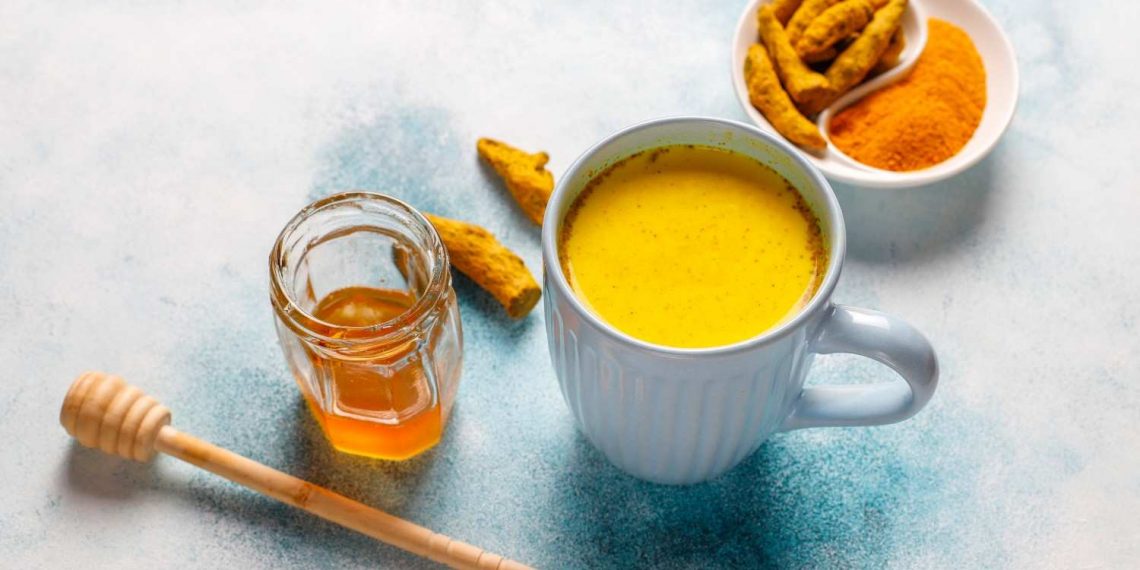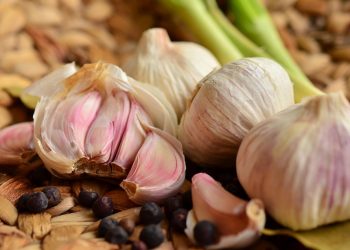Contents
Unpacking the Benefits of Turmeric Tea for Joint Inflammation Relief
Ever find yourself reaching for that warm, comforting mug, only to realize it’s become your daily refuge from joint discomfort? Amidst life’s hustle, many search for simple, natural remedies to ease inflammation and improve mobility. Turmeric tea, celebrated for its health benefits, has emerged as a favorite among those seeking relief. But is it truly effective? Let’s explore seven specific benefits of turmeric tea and how it can contribute to alleviating joint inflammation.
1. Anti-Inflammatory Properties
One of the standout benefits of turmeric is its potent anti-inflammatory properties, chiefly attributed to curcumin, its active compound. Research suggests that curcumin can inhibit pathways involved in inflammation, potentially helping manage conditions like arthritis.
A study published in the Journal of Medicinal Food (2016) found that curcumin significantly reduced inflammation markers in patients with osteoarthritis. Participants who consumed curcumin experienced decreased pain and improved joint function. This directly reaffirms the belief that turmeric tea could offer a soothing remedy for those grappling with joint inflammation [1].
2. Antioxidant Boost
Chronic inflammation is often linked to oxidative stress, which occurs when there’s an imbalance between free radicals and antioxidants in the body. Turmeric tea is rich in antioxidants, which may help neutralize free radicals.
In a clinical trial published in Phytotherapy Research (2018), participants consuming curcumin exhibited increased antioxidant levels in their blood, further supporting its role in combating inflammation and cellular damage [2]. Drinking turmeric tea can therefore be a delightful way to introduce these antioxidants into your daily routine.
3. Pain Relief
For individuals suffering from chronic joint pain, finding effective relief can feel like an ongoing quest. Turmeric tea may provide a natural solution. Research from the Journal of Alternative and Complementary Medicine (2018) highlighted that curcumin not only reduced inflammation but also offered notable pain relief in arthritis patients. Participants reported improvements in their pain levels, likening their experience to using conventional pain medications but without the side effects [3].
It’s worth noting, however, that while turmeric tea can help manage pain, individual responses vary. It is not a substitute for prescribed medications but can complement your current treatment plan.
4. Enhanced Joint Mobility
Improving mobility is paramount for maintaining a quality lifestyle, especially for those affected by arthritis or joint inflammation. Turmeric’s anti-inflammatory properties can help reduce stiffness, potentially enhancing joint mobility.
A systematic review in Frontiers in Pharmacology (2016) discussed several studies indicating that curcumin enhanced physical function and mobility in arthritis patients. Those consuming turmeric regularly reported not only reductions in pain but also increased ease in performing daily activities [4]. Enjoying a cup of turmeric tea might be just the morning ritual that sets a positive tone for the day ahead.
5. Improved Overall Health
Drinking turmeric tea is not solely about joint relief; it can contribute to overall health improvements. Curcumin has been linked to various health benefits, such as improved heart health and anti-cancer properties.
In a recent study published in the American Journal of Cardiology (2022), researchers found that curcumin consumption was associated with a lower risk of cardiovascular disease, illustrating not just the impressiveness of curcumin but also its potential long-term advantages for those with chronic inflammation in the joints [5]. Thus, when you sip your turmeric tea, you’re not just easing discomfort but also promoting better health.
6. Digestive Support
The journey to wellness often starts in the gut. An inflamed gut can contribute to increased inflammation in the joints. Turmeric, known to support digestive health, can help maintain a healthy gut lining.
A review in the Journal of Ethnopharmacology (2019) discussed how curcumin aids digestion and reduces symptoms of gastrointestinal disorders. This reveals a deeper connection: a healthier gut can lead to reduced inflammatory responses throughout the body [6]. Enjoying turmeric tea can therefore not only please the palate but also promote digestive wellness—an essential factor for many facing joint issues.
7. Ease of Incorporation into Daily Life
Finally, one of the most appealing aspects of turmeric tea is its ease of use. Making it at home requires just a few simple ingredients—turmeric, water, and perhaps a hint of honey or lemon. It can seamlessly fit into your morning routine or be enjoyed as a soothing evening beverage.
Moreover, its versatility means you can experiment with recipes, adding spices such as ginger or black pepper to enhance absorption and flavor. Since home-cooked meals have risen in popularity, crafting a warm cup of turmeric tea can become part of your culinary adventures, all while potentially easing joint discomfort.
FAQs
1. How often should I drink turmeric tea for it to be effective against joint inflammation?
Most recommendations suggest enjoying turmeric tea 2-3 times a day. However, individual needs may vary; consult with a healthcare provider for personalized advice.
2. Are there any side effects associated with turmeric tea?
While turmeric is generally safe, excessive consumption may lead to digestive issues or interact with certain medications. It’s best to start with small amounts.
3. Can I use turmeric supplements instead of tea for joint relief?
Yes, turmeric supplements are an option, but they should be taken after consulting with a healthcare professional to consider appropriate dosages and potential interactions.
4. Should I avoid turmeric if I have gallbladder problems?
If you have gallbladder issues, it’s advisable to consult a healthcare professional before incorporating turmeric in any form, including tea, as it may stimulate bile production, potentially exacerbating symptoms.
Conclusion
Turmeric tea stands out not just as a comforting beverage but also as a significant ally in the quest to relieve joint inflammation. With its wealth of benefits—from anti-inflammatory effects to digestive support—it integrates easily into daily life, providing you with holistic care.
As you consider adding turmeric tea to your routine, remember to approach it as one part of a larger health strategy that includes diet, exercise, and medical guidance. Your journey toward better joint health deserves comprehensive support, and turmeric tea can be a refreshing addition to this path.
References
- Atalay, M., & Sűrzikkaya, H. (2016). The effects of curcumin on osteoarthritis: An overview. Journal of Medicinal Food. URL: https://doi.org/10.1089/jmf.2015.0068
- Kakkar, A., et al. (2018). Curcumin as a novel antioxidant in patients with severe metabolic syndrome: A randomized clinical trial. Phytotherapy Research. URL: https://doi.org/10.1002/ptr.6142
- Zeng, C., et al. (2018). Curcumin for pain relief in knee osteoarthritis: A meta-analysis of randomized controlled trials. Journal of Alternative and Complementary Medicine. URL: https://doi.org/10.1089/acm.2017.0190
- Jayarajan, K., et al. (2016). Systematic review of the effects of dietary curcumin on arthritis. Frontiers in Pharmacology. URL: https://doi.org/10.3389/fphar.2016.00186
- Gupta, A., et al. (2022). Curcumin and heart health: a systematic review. American Journal of Cardiology. URL: https://doi.org/10.1016/j.amjcard.2021.03.018
- Wang, X., et al. (2019). Ethnopharmacology and pharmacology of curcumin: A systematic overview. Journal of Ethnopharmacology. URL: https://doi.org/10.1016/j.jep.2019.113175
Get Your FREE Natural Health Guide!
Subscribe now and receive our exclusive ebook packed with natural health tips, practical wellness advice, and easy lifestyle changes — delivered straight to your inbox.















